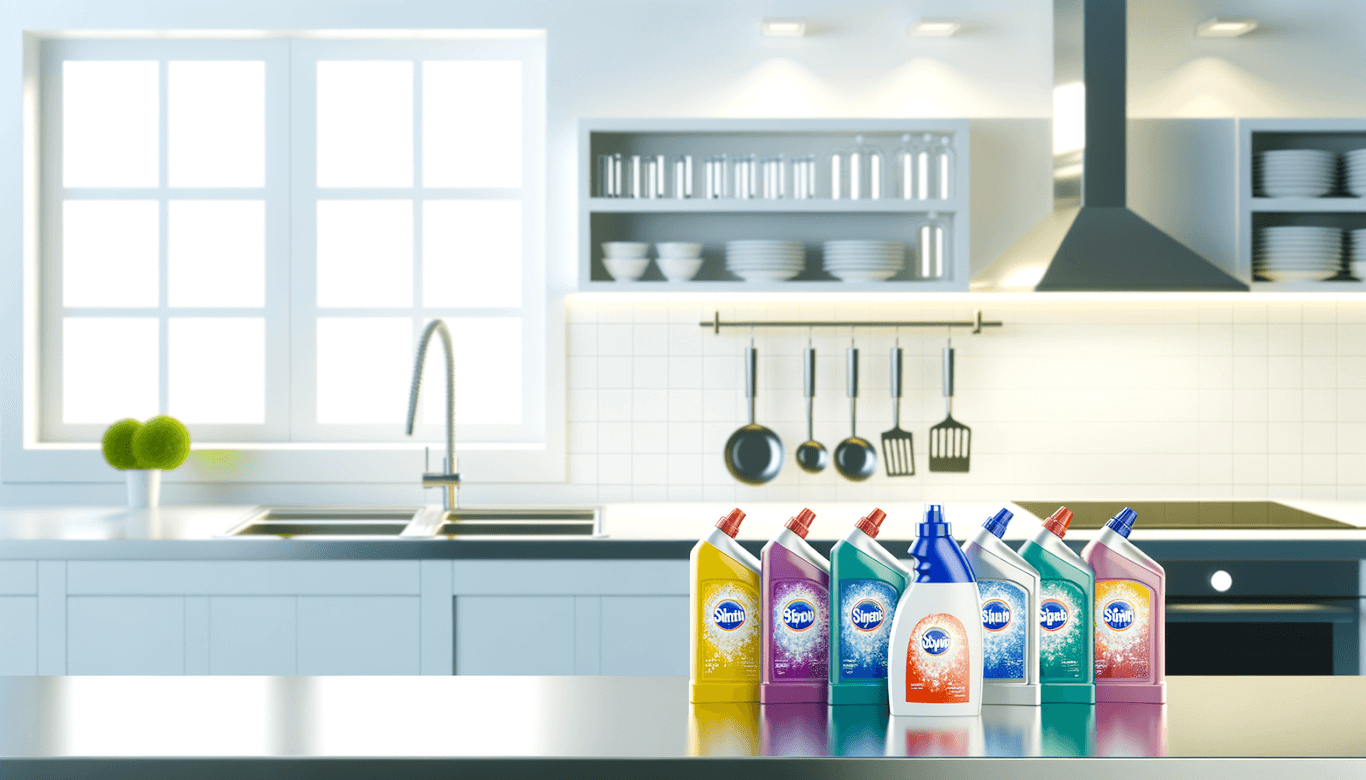
Exploring the Benefits of Antibacterial Detergents in Commercial Spaces
Let's face it, cleaning isn't everyone's favourite chore. However, for those of us managing commercial spaces from bustling cafes to peaceful offices, maintaining cleanliness is not just good practice—it's a necessity. With the fantastic climatic diversity we enjoy in South Australia, comes the increased challenge of managing bacterial risks in communal environments. That's where antibacterial detergents come into play. Here, I’m going to delve into the benefits of incorporating these detergents into your cleaning routine.
Why Use Antibacterial Detergents?
Antibacterial detergents are designed specifically to target and eliminate bacteria, a step above regular cleaning products. They boast a dual-action formula that not only cleans but also disinfects, making them crucial in commercial settings where health and safety are pivotal concerns.
Key Ingredients in Antibacterial Detergents
Understanding what goes into these cleaning marvels is half the battle won. Two common ingredients you'll encounter are Benzalkonium Chloride and Triclosan. Benzalkonium Chloride has been a trusted ally in antibacterial products for over 50 years. Its power to eliminate 99.9% of bacteria makes it a go-to choice for maintaining sanitary conditions. Meanwhile, Triclosan is effective against a broad spectrum of bacteria; however, it's essential to note ongoing debates about its safety and environmental impact.
Benefits of Antibacterial Detergents
1. Enhanced Health and Safety
First and foremost, the primary advantage of using antibacterial detergents is enhanced hygiene. These detergents are crucial in preventing the spread of bacteria and, subsequently, illness. In food service sectors, for example, they play an important role in reducing the risk of common illnesses such as food poisoning.
2. Reducing Cross-Contamination
Whether in a commercial kitchen or an office space, the risk of cross-contamination is rampant. Antibacterial detergents help to significantly minimise this risk, ensuring safer environments for employees and customers alike.
3. Effective in High-Traffic Areas
Areas with high foot traffic, especially bathrooms and kitchens, are breeding grounds for bacteria. Using antibacterial detergents helps in quickly and effectively managing bacterial loads in these spaces with ease.
4. Preserves Surfaces
It's not all about health. Antibacterial detergents can also help in preserving the longevity of surfaces by preventing the build-up of bacteria, which can lead to quicker deterioration. Less bacteria means surfaces stay cleaner and last longer, which in the end, saves on costs.
How Antibacterial Detergents Work
So how do these products work their magic? The active ingredients in antibacterial detergents target and dismantle the bacterial cell walls, effectively killing the bacteria. Importantly, they are formulated to target transient bacteria, those pesky organisms that hitch a ride during daily activities.
Using Antibacterial Detergents Effectively
To get the most out of your antibacterial detergent, it's essential to use it correctly. Here are several key tips:
- Ensure surfaces are wiped down thoroughly, covering all areas, especially corners and high-touch surfaces.
- Regular cleaning schedules should be maintained to continuously manage bacterial presence.
- Focus on using detergents in areas known for bacterial hotspots, such as kitchen counters, bathroom sinks, and doorknobs.
Considerations for Commercial Use
Environmental Impact
While the benefits are clear, it’s vital to consider the potential environmental impact of antibacterial detergents, particularly with ingredients like Triclosan. Balancing effectiveness with environmental safety should be a top priority.
Employee Safety
The health and safety of your employees should also be considered. Ensure that the products used comply with regulations and safety standards, and provide appropriate training on safe handling.
Conclusion
In commercial spaces throughout South Australia, where cleanliness is paramount, antibacterial detergents are unparalleled allies. Incorporating them into regular cleaning routines not only boosts hygiene standards but also ensures a safer, cleaner environment for everyone to enjoy. The key is choosing the right products and adopting effective cleaning strategies. Let’s clean smarter, not harder!
